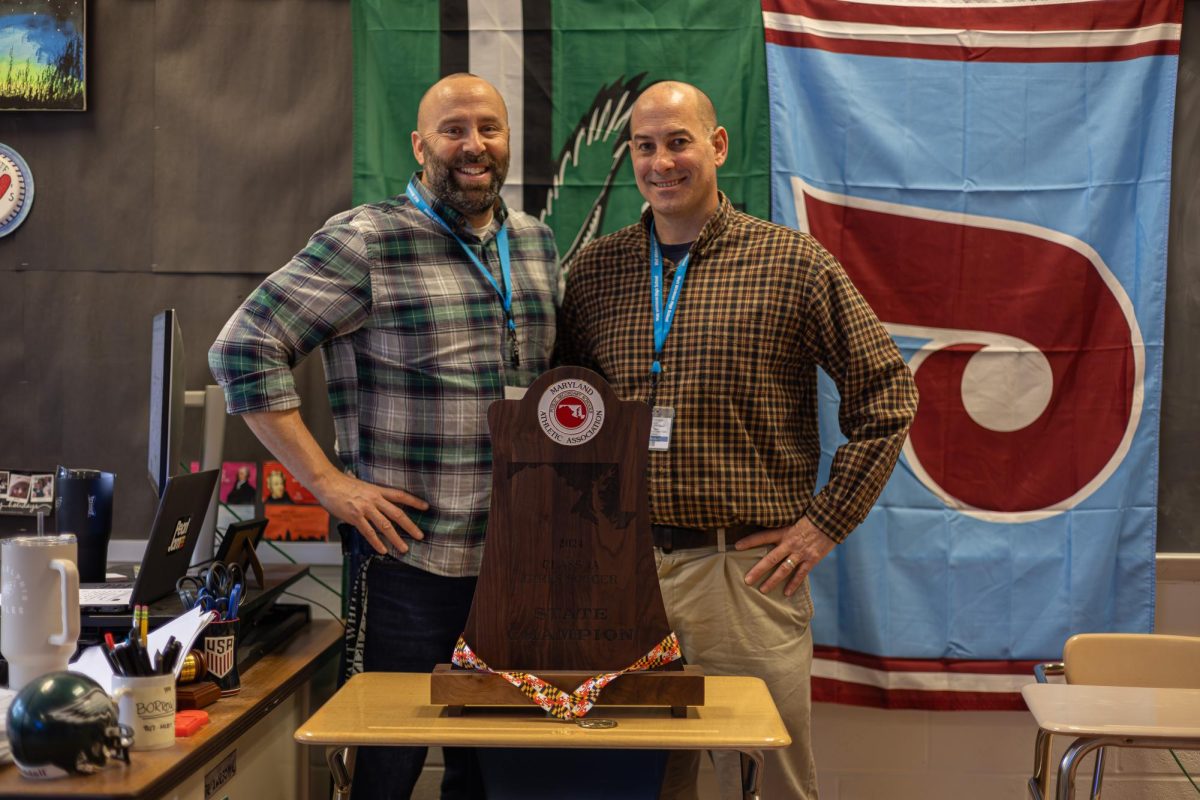If all the past Capitals teams had one thing in common, it was that when they lost in the playoffs, the hockey world was shocked.
They lost in increasingly depressing ways: a 4-0 sweep at the hands of the Tampa Bay Lightning, an upset by the eighth seeded Montreal Canadians and a 6-2 loss in game seven to the Penguins. Despite being a top seed, the Caps often dropped series in dubious ways. But this year was different.

For starters, this regular season wasn’t defined by victory or high-flying offensive games, like those of the Boudreau era were. In fact, these Caps struggled to even make the playoffs and needed to win the final games of their season just to get a chance at the Stanley Cup. Luckily, they got hot just in time.
They played a great series against the defending champs, the Boston Bruins. Since the seventh-seeded Caps were challenging the second-seeded Bruins, none of the ESPN hockey analysts predicted that they’d win the series— they were written off as just another notch on the Bruin’s path to victory. But the Caps took the hockey world by surprise, taking the Bruins down in seven games.
Perhaps the most surprising feature of the 2012 Capitals was their new style of play. They didn’t rely on their stars to score like they had in the playoffs in previous years. Instead, each player needed to work with teammates as a unit, or risk losing ice time. This was never more evident than in the playoffs, when secondary players like Matt Hendricks and Jay Beagle scored clutch goals. New Caps head coach Dale Hunter has helped emphasize this team-oriented playing style. Hunter took up his position mid-season after Bruce Boudreau was fired amid a string of losses and poor play.
Hunter joined a struggling team full of stars caught up in their own statistics, and immediately made changes. The fast-paced, high-scoring mentality was out, and the grinding, defensive style was in. Though it took players a little while to adjust to the new style, they all bought into the system by the end of the season.
This methodical defensive approach was evident throughout the playoffs. One goal decided 12 out of 14 games, and the Caps boasted a 2.14 goals against average. Furthermore, players risked their own bodies and took many hits from the puck. The Caps also led the NHL in blocked shots in the playoffs.
And if these playoffs showed us one thing, it’s that the Caps of today are truly resilient. They came back and won after a triple overtime loss to the Rangers and never lost two games back-to-back. It was this determination that brought the Caps within one goal of making it to the Eastern Conference Finals.
Despite a heart-breaking ending, this season of tremendous improvement shouldn’t be forgotten. Although Hunter won’t be back next year, the Caps should carry their momentum into next year’s season and hopefully bounce back to win the Cup. Stay hungry Caps!







